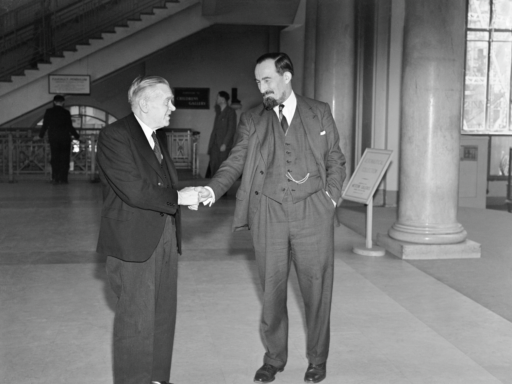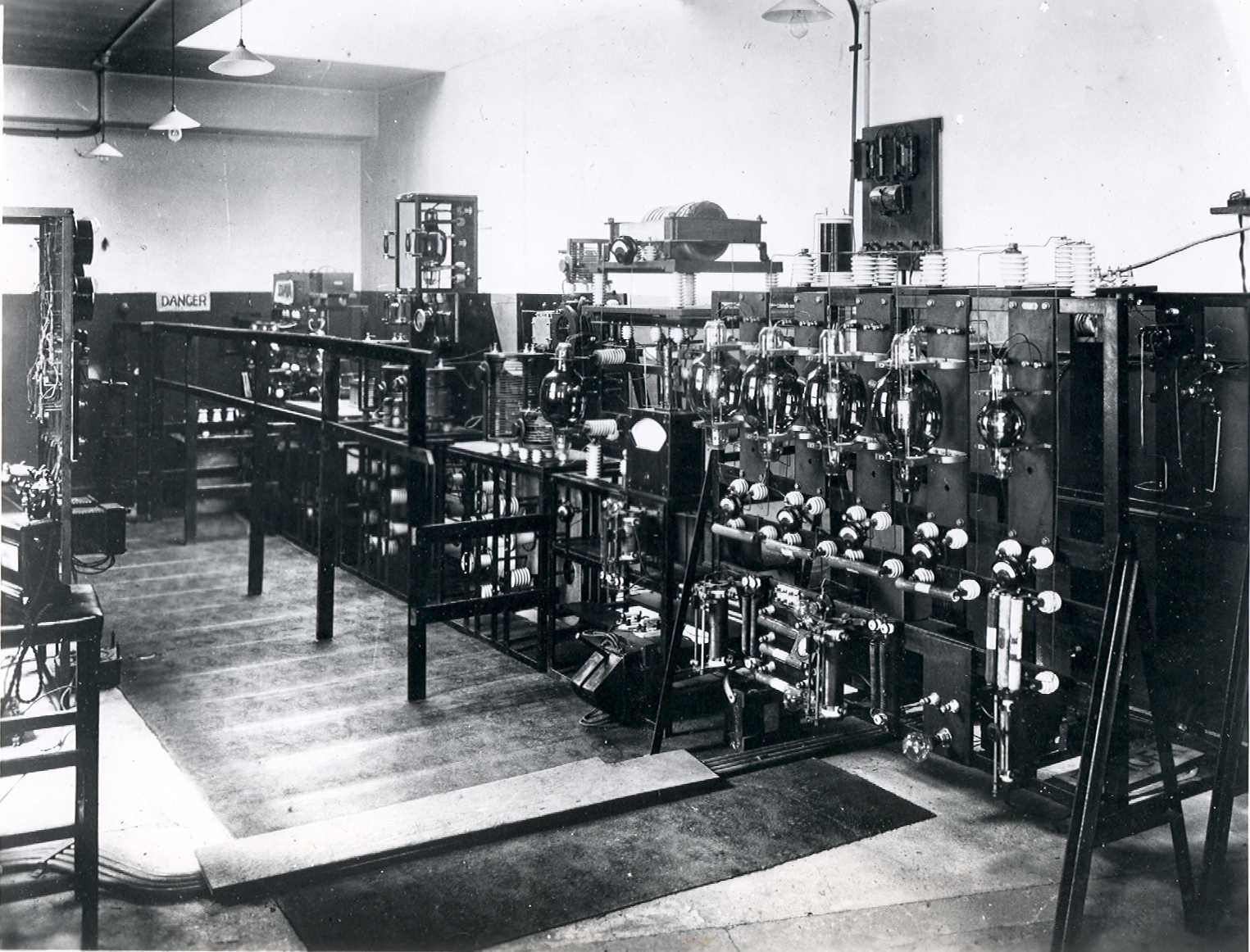
Tim Boon reflects on the work of Frank Sherwood Taylor, Director of the Science Museum in the 1950s.
Tim runs the Museum’s Research and Public History department, which is dedicated to getting a lively research programme going to support our programmes, displays, collections and interests. Over the years he has worked on many exhibitions, including ‘Making the Modern World’ and ‘Oramics to Electronica’. His books include ‘Films of Fact’ (2008) and ‘Material Culture and Electronic Sound’ (edited with Frode Weium, 2013).

Tim Boon reflects on the work of Frank Sherwood Taylor, Director of the Science Museum in the 1950s.
Dr. Tim Boon, Head of Research & Public History at the Science Museum reflects on a series of upcoming public events exploring science, technology and music.
Dr Tim Boon, Head of Research and Public History at the Science Museum looks back on fifty years of the BBC’s flagship science programme.
Tim Boon, Head of Research & Public History, uncovers Kraftwerk and the connections between music and technology ahead of a live performance at the Science Museum.

Tim Boon on the launch of the new Research and Public History Department
“We have also sound-houses, where we practise and demonstrate all sounds, and their generation. We have harmonies which you have not, of quarter-sounds, and lesser slides of sounds. Divers instruments of music likewise to you unknown, some sweeter than any you have, together with bells and rings that are dainty and sweet…” Daphne Oram, founder of the BBC Radiophonic Workshop, returned time and again to this quotation from Francis Bacon’s 17th century fantasy, The New Atlantis. Now, with help from […]
The Science Museum is formally over 100 years old. Over the century since 1909, it has had to compete with more and more media getting-in on the business of popular science. A hundred years ago, popular science publishing was already a big scene, as Peter Bowler shows in his enlightening new book, Science for All. Radio came along in the 1930s, and soon featured science. But our biggest competitor really got into its stride in the 1950s, when television began to […]
If ‘in space, no one can hear you scream’, as the publicity for the film Alien says, then certainly no one can hear Country music. Except, that is, if they are in a spaceship. Outer space is a vacuum and – like Neil Armstrong, Buzz Aldrin and Michael Collins, the Apollo 11 crew – you can travel through it in a private capsule of sound. Each of the astronauts was allowed to take one tape on the mission, and Country music was […]